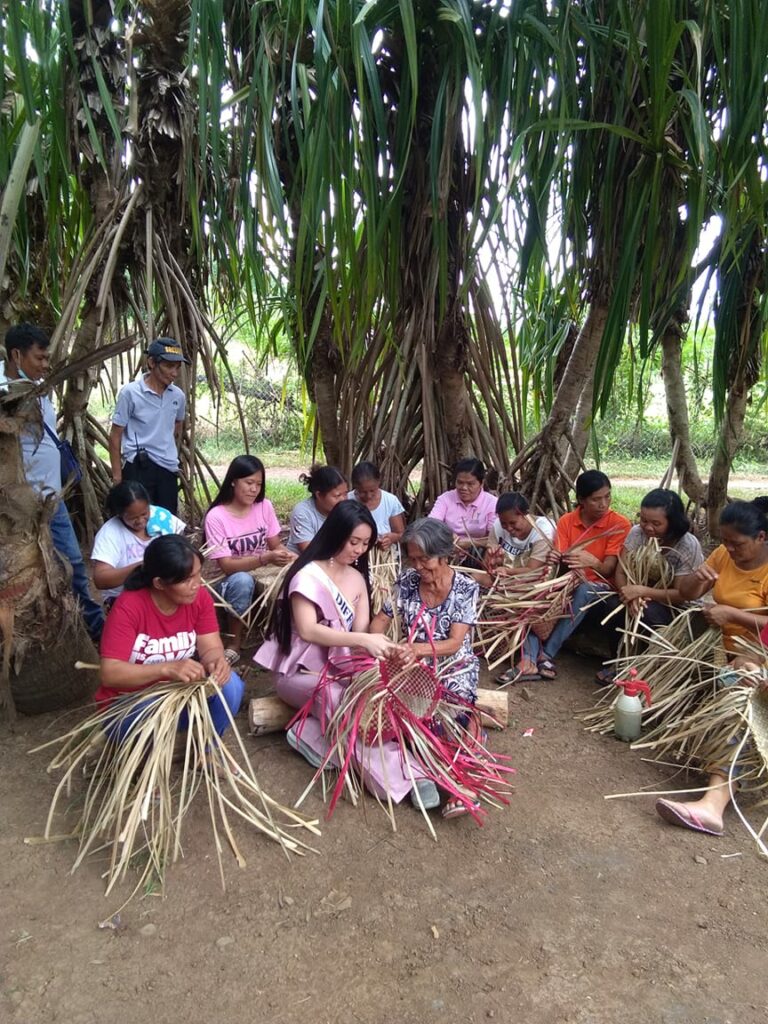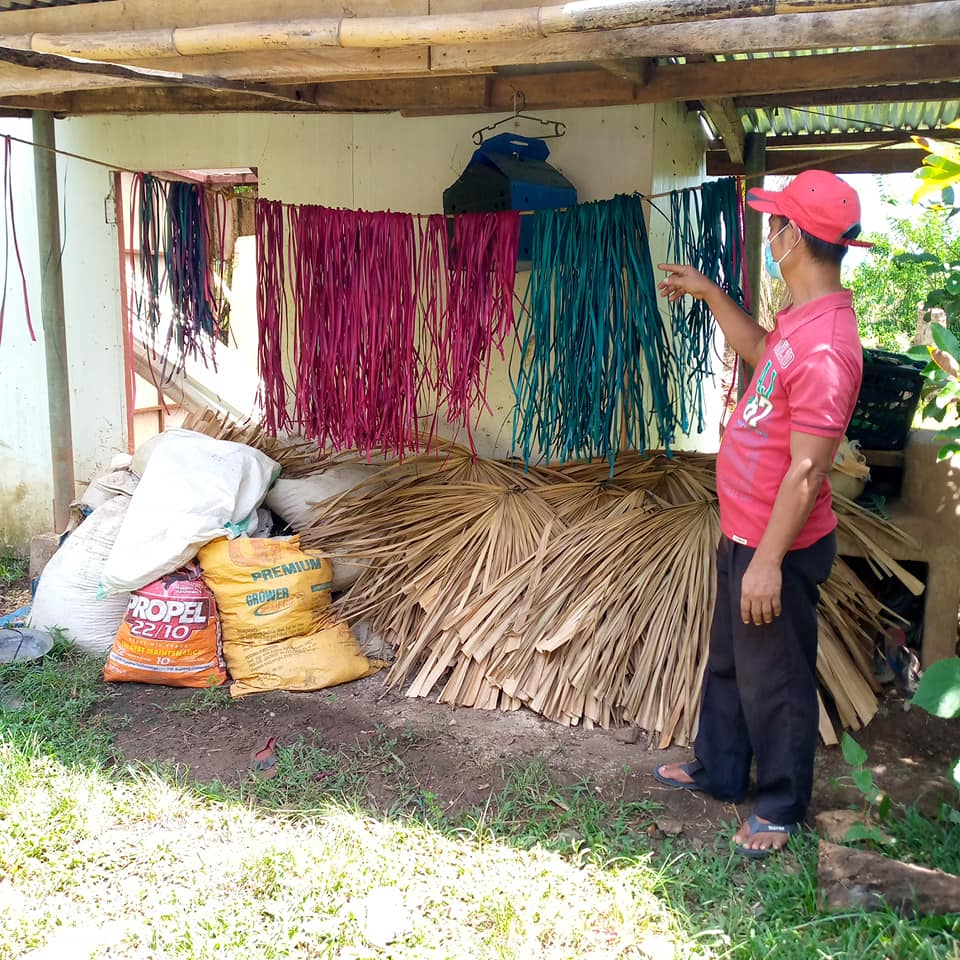BY MIKE DEL ROSARIO
EARLIER government efforts on forestland development and restoration through reforestation contracts to families and communities resulted in forest depletion and degradation. As the influx of individuals to the forest increased so was damage to the forestlands.

The Department of Environment and Natural Resources (DENR) Forestland Management Project (FMP) is being implemented to reverse the harm to the forestland and at the same time helped augment the needs of the people living in the uplands by introducing and providing them access to enterprise development. FMP provided continuous technical and material resources to the households and communities engaged in the economic enterprise of their choice to ensure the viability of the enterprise.
The adopted strategy did not only ease the pressure on the forestland but also allowed the government the opportunity to implement reforestation initiatives. FMP supported the households and communities within the watershed areas to engage in alternative economic enterprises. Agroforestry supports facilities like hanging bridges, farm-to-market roads, irrigation pipelines, road concreting, and water systems were provided to enhance the quality of life in the communities.
The Province of Quirino is one of the five provinces that is benefiting from the initiatives of the project. Barangay Macate in the Municipality of Diffun is a recipient of 571 hectares of forestland located within the Ganano sub-watershed. The people’s organization of the community was the signatory to the Community Based-Forest Management Agreement or CBFMA which granted them the rights and obligations to manage, develop and exploit forest resources within its CBFM area. The agreement guarantees a continuous flow of benefits and services to the organization/community without jeopardizing the physical and social integrity of the environment.
The Weavers of Macate
Filipino artistry and creativity are evident in various art forms but what makes the weaving culture distinct is its power to unite people as vital, resilient communities bound by living tradition, the resourcefulness of Filipinos to use natural resources in making a product, and also the colorful textile patterns or motifs they create that are distinct from other countries.

According to some local seniors of Barangay Macate, Visayan immigrants from Kalibo in Aklan province taught them pandan weaving where the famous pinya barong tagalog originated. Nanay Lina, a 76 years old Aklan migrant, acknowledges that she moved to Diffun because of the lack of opportunities in her province. Diffun, she thought, provided her family the hope of a better life. In the community, she is recognized for her excellent weaving skills and selling sabakan, a bag woven from pandan leaves that the farmers use to store rice seedlings. Many women in her community and adjacent barangays have learned from Nanay Lina’s weaving skills and artistic deftness. The bayong or basket, and the traditional banig are among the most popular woven pandan leaves in the locality.
The FMP and Stakeholders Support
The project supported the flourishing weaving industry that makes use of materials from a plant that thrives side by side with economically valuable lumber trees and on the periphery of farmlands of the sub-watershed. Its technical and financial support to the weavers of Diffun has far-reaching implications – keeping the forest healthy when dwellers became aware of the importance of forest and its trees, ensuring a viable alternative livelihood when critical support is made available, and guaranteeing that the indigenous weaving craft is not lost with time.
Also, FMP’s follow-through strategy is to expand the woven products’ market reach, improvement of the quality, expand the volume of production, and make sure that the enterprise remains profitable. Pandan weaving is an essential traditional craft in the Philippines. One prominent writer calls the weaving industry Threads of Filipino Heritage.
Aside from the direct support from the project, the weaving industry is also being sustained through the assistance of the Department of Science and Technology, the Department of Trade and Industry, and the local government of Diffun through various forms of technical assistance – skills training on quality assurance, marketing strategies, and bookkeeping, among others.

The network of supporters now includes Pandayan Bookstore, Pasalubong Centers in Diffun and Cabarroguis, Quirino State University, and Abrasa MPC.
Local government units of Quirino can build on the gains and lessons from the experience of Macate weavers. The local office of the Department of Agriculture can help farmers improve the productivity of Pandan plants in anticipation of an increase in demand for raw materials. Artisans from other areas can also be tapped to create other forms of woven products that will have big opportunities in the international markets. The other element that will sustain the enterprise is the expansion and strengthening of the people’s organization in the province. On the other hand, DENR can focus on other areas where the enterprise could be replicated.
For additional information about the good practice please refer to the following documentary and article: https://www.facebook.com/quirinoprovinceofficial/videos/267883734926177, and
https://valleyjournal.org/quirino/2021/04/10/forest-communities-in-quirino
